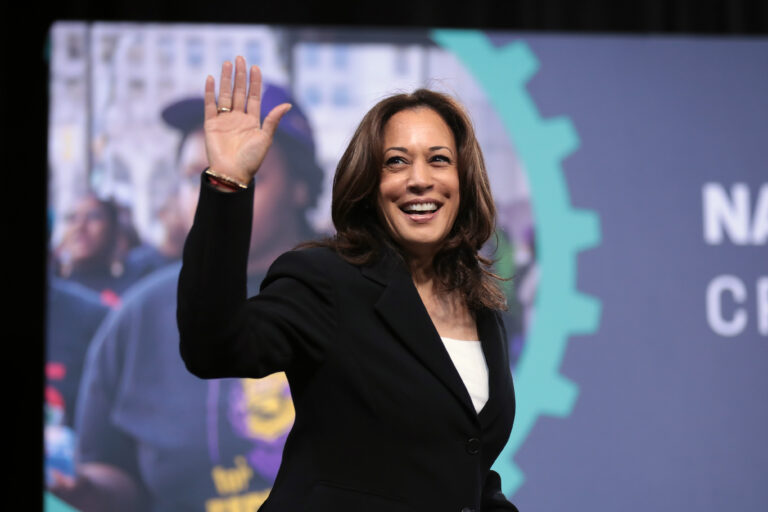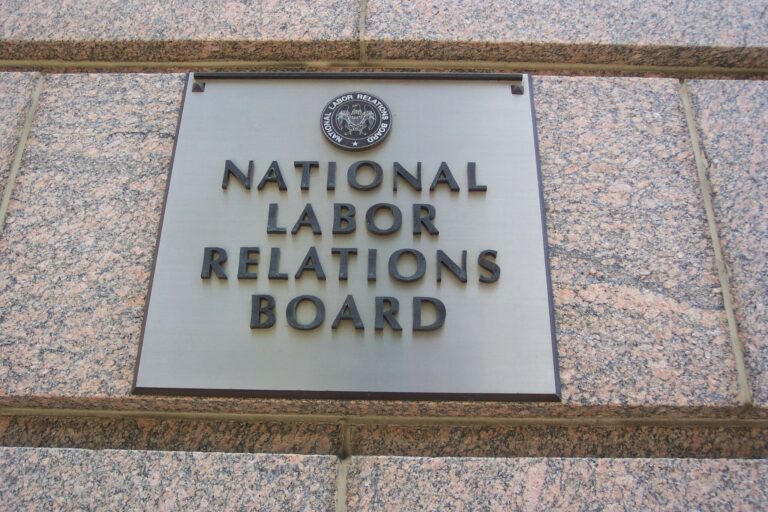Hannah Belitz is a student at Harvard Law School.
Yesterday, in dozens of cities across the U.S., tens of thousands of protestors took to the streets to demand that Trump release his tax returns. Reuters explains that organizers of the “Tax March” wanted to draw attention to Trump’s refusal to release his tax returns. The marches were planned for April 15 because it is the traditional filing deadline for U.S. federal tax returns (this year the filing date was pushed back two days).
Politico reports that the “clock is ticking” for expanding the number of available H-2B visas. The H-2B visa program permits business to hire temporary, non-agricultural foreign workers, with a cap of 66,000 visas per year. The 2015 spending bill exempted returning workers from the cap, and business leaders are pushing for Congress to do the same in 2017. Although a House appropriations bill for the fiscal year 2017 already includes the exemption, business leaders are lobbying the Senate to do the same by April 28, the date by which Congress needs to pass a spending bill to keep the government functioning.
On Thursday, U.S. District Judge for the District of Massachusetts Leo T. Sorokin presided over a two-hour hearing regarding two City Hall aides charged with extortion for “allegedly threatening to withhold permits for the Boston Calling festival in September 2014 unless organizers hired union workers.” According to the Boston Globe, a prosecutor in the U.S. Attorney’s Office asserted that the aides thought they were advancing Mayor Walsh’s agenda. Attorneys for the defense countered that the aides acted as city workers seeking jobs for constituents, that they had the right to negotiate the use of City Hall Plaza, and that the prosecutors “have failed to show that the defendants received anything of value for allegedly urging the labor union jobs.” As Attorney Thomas Kiley argued, “A violation of the National Labor Relations Act is not the same as [extortion].”










Daily News & Commentary
Start your day with our roundup of the latest labor developments. See all
August 15
Columbia University quietly replaces graduate student union labor with non-union adjunct workers; the DC Circuit Court lifts the preliminary injunction on CFPB firings; and Grubhub to pay $24.75M to settle California driver class action.
August 14
Judge Pechman denies the Trump Administration’s motion to dismiss claims brought by unions representing TSA employees; the Trump Administration continues efforts to strip federal employees of collective bargaining rights; and the National Association of Agriculture Employees seeks legal relief after the USDA stopped recognizing the union.
August 13
The United Auto Workers (UAW) seek to oust President Shawn Fain ahead of next year’s election; Columbia University files an unfair labor practice (ULP) charge against the Student Workers of Columbia-United Auto Workers for failing to bargain in “good faith”; and the Environmental Protection Agency (EPA) terminates its collective bargaining agreement with four unions representing its employees.
August 12
Trump nominates new BLS commissioner; municipal taxpayers' suit against teachers' union advances; antitrust suit involving sheepherders survives motion to dismiss
August 11
Updates on two-step FLSA certification, Mamdani's $30 minimum wage proposal, dangers of "bossware."
August 10
NLRB Acting GC issues new guidance on ULPs, Trump EO on alternative assets in401(k)s, and a vetoed Wisconsin bill on rideshare driver status